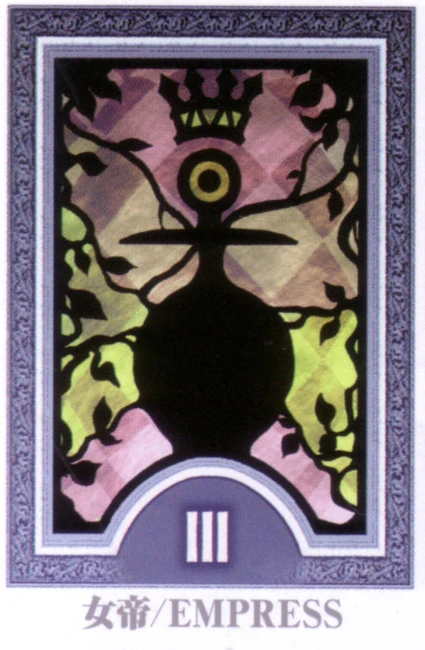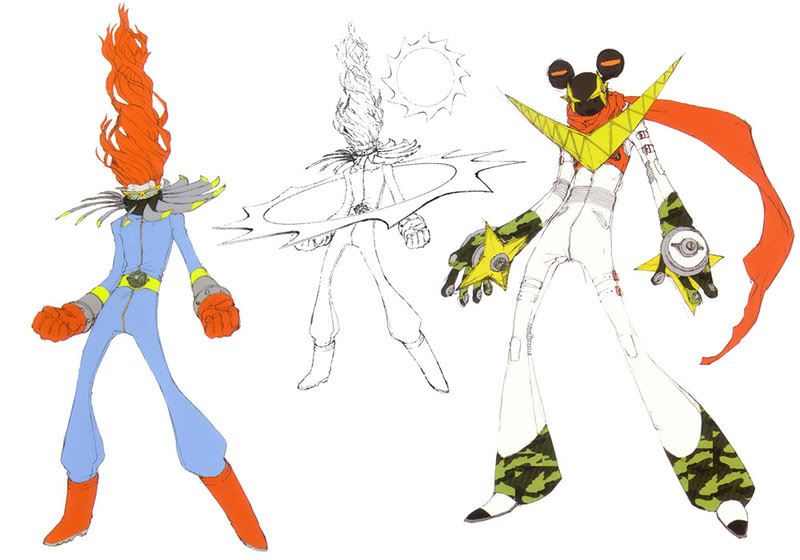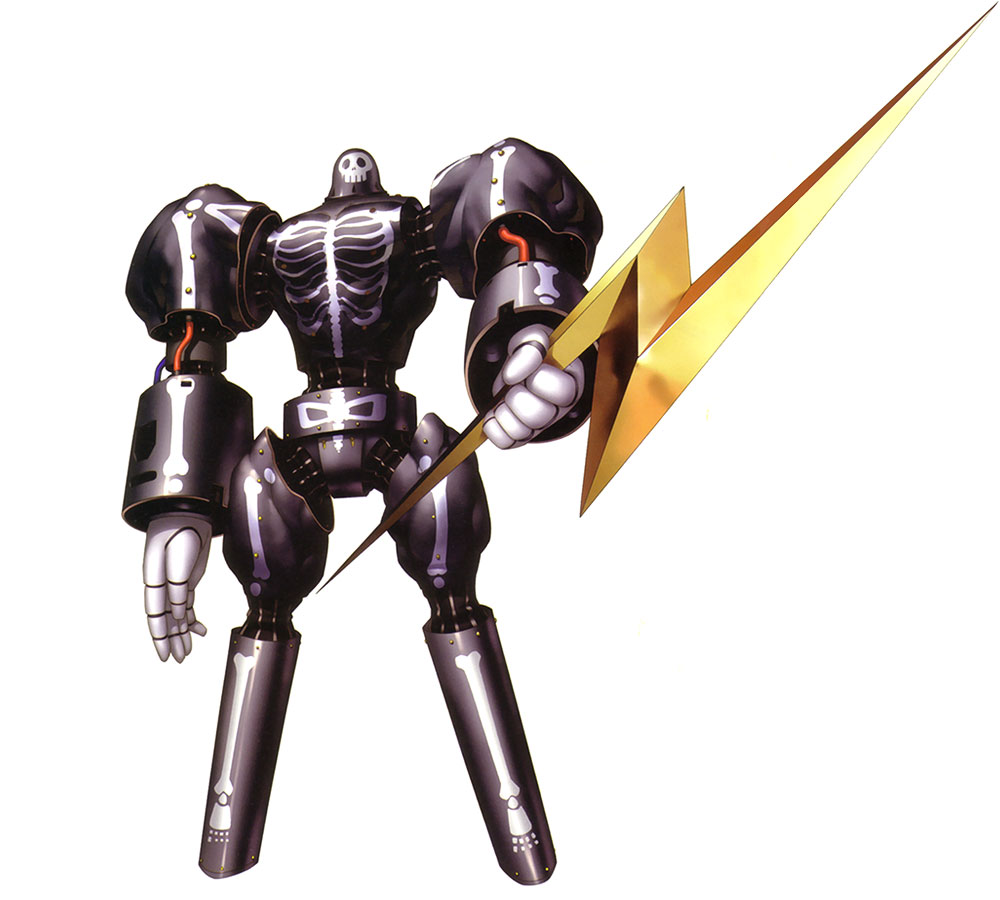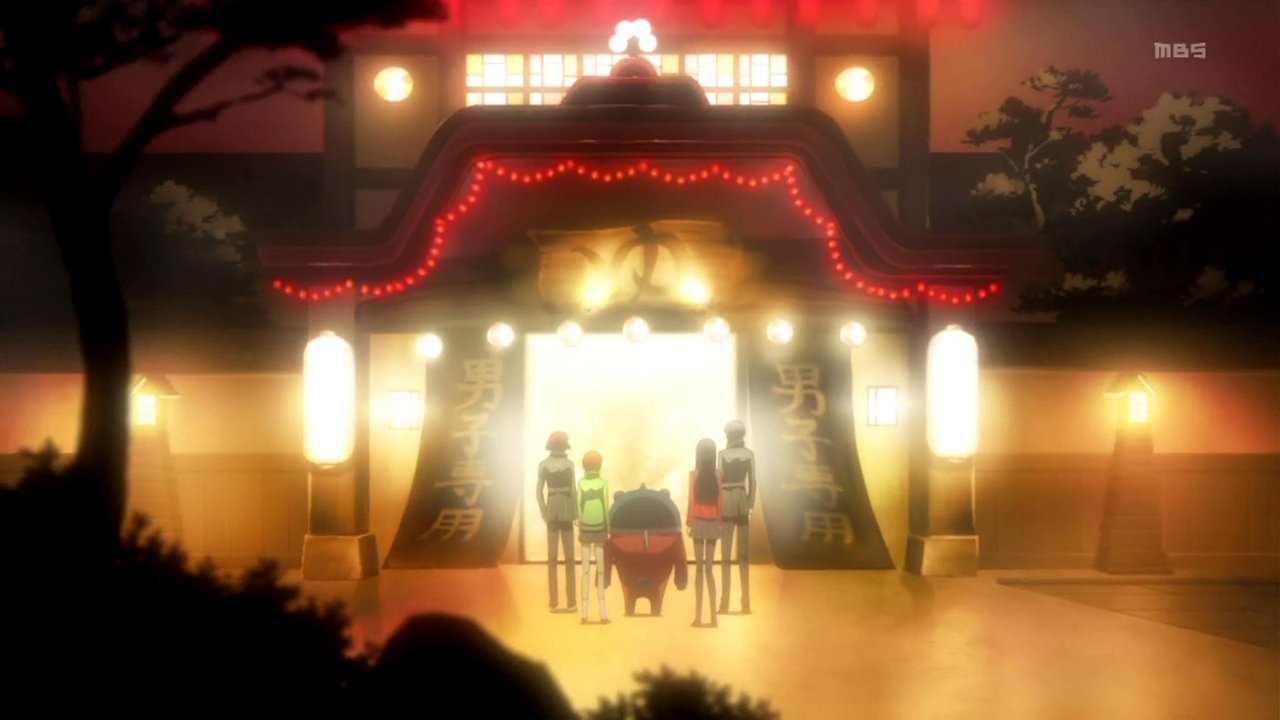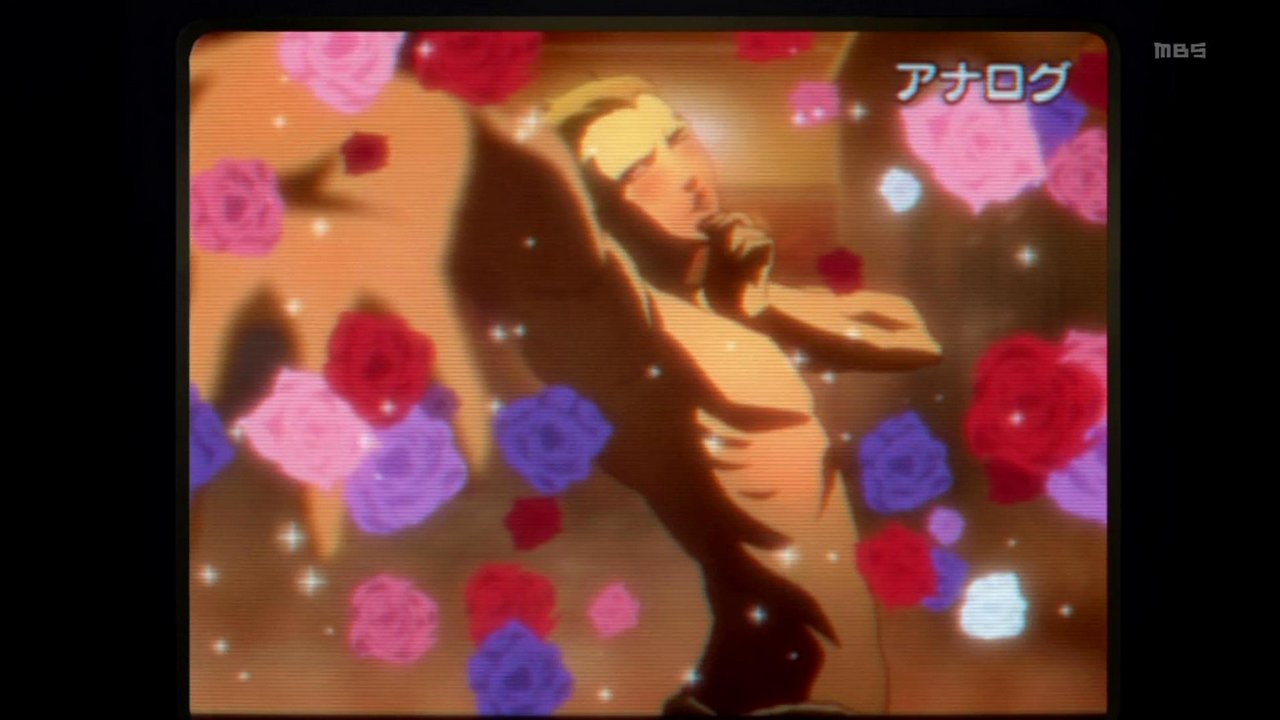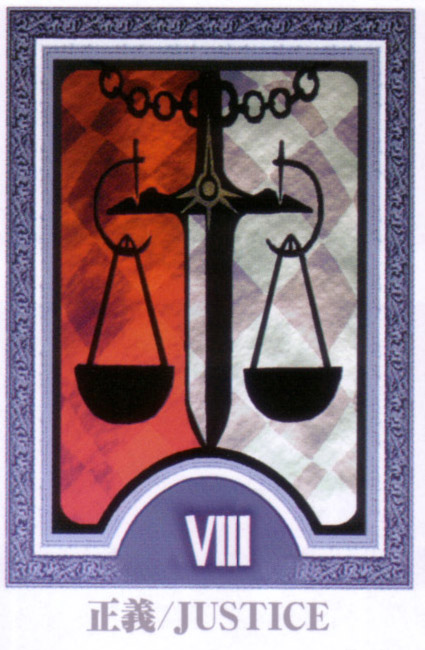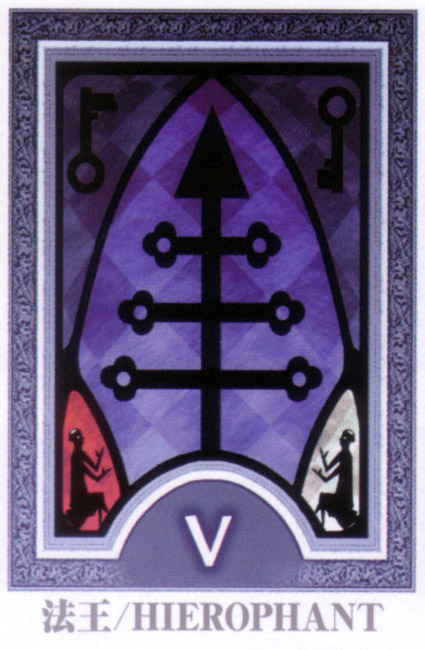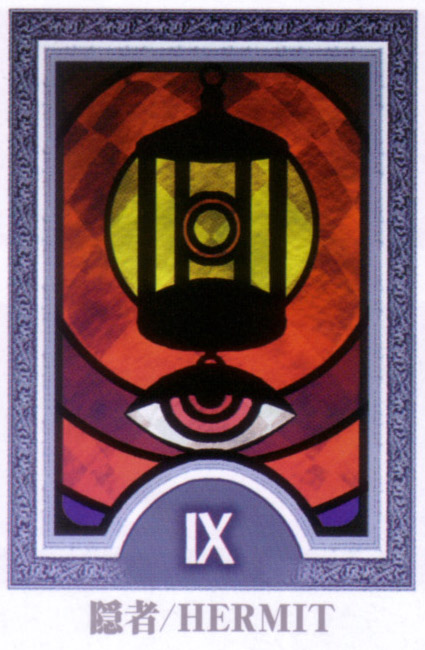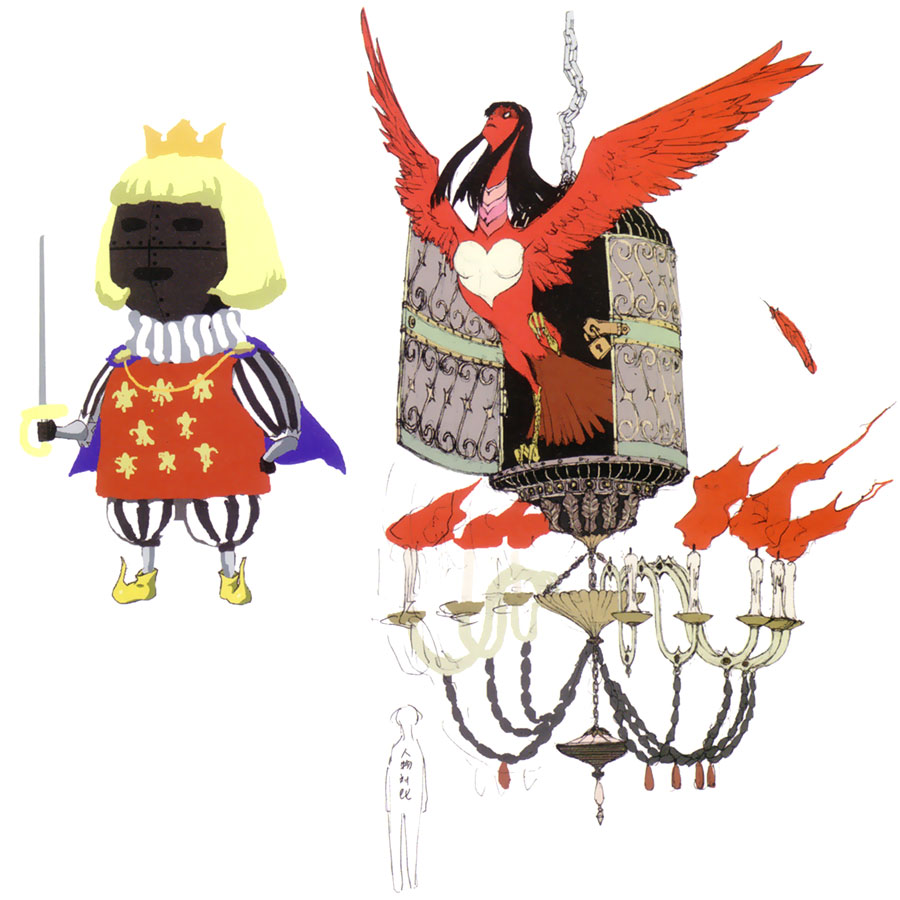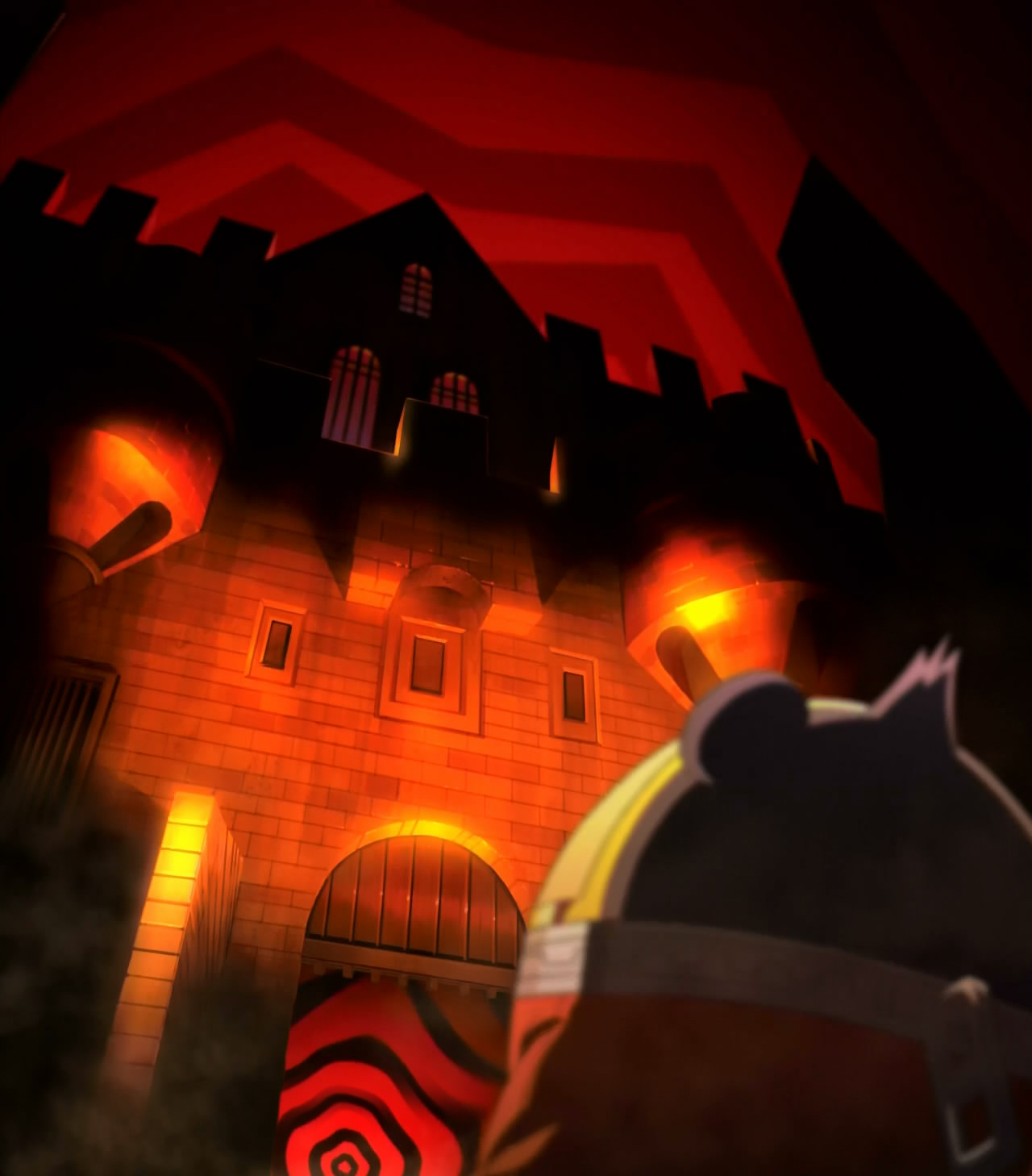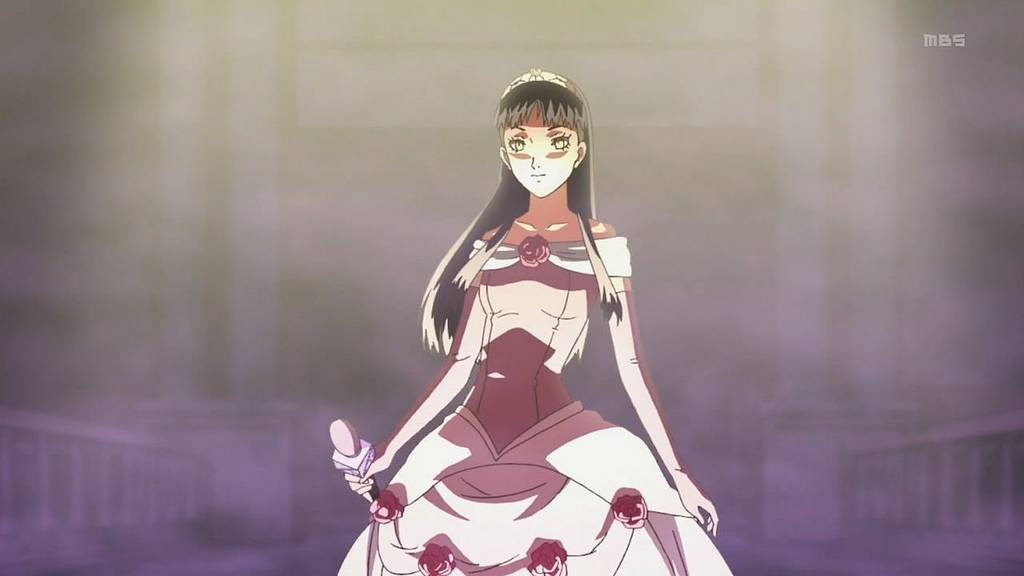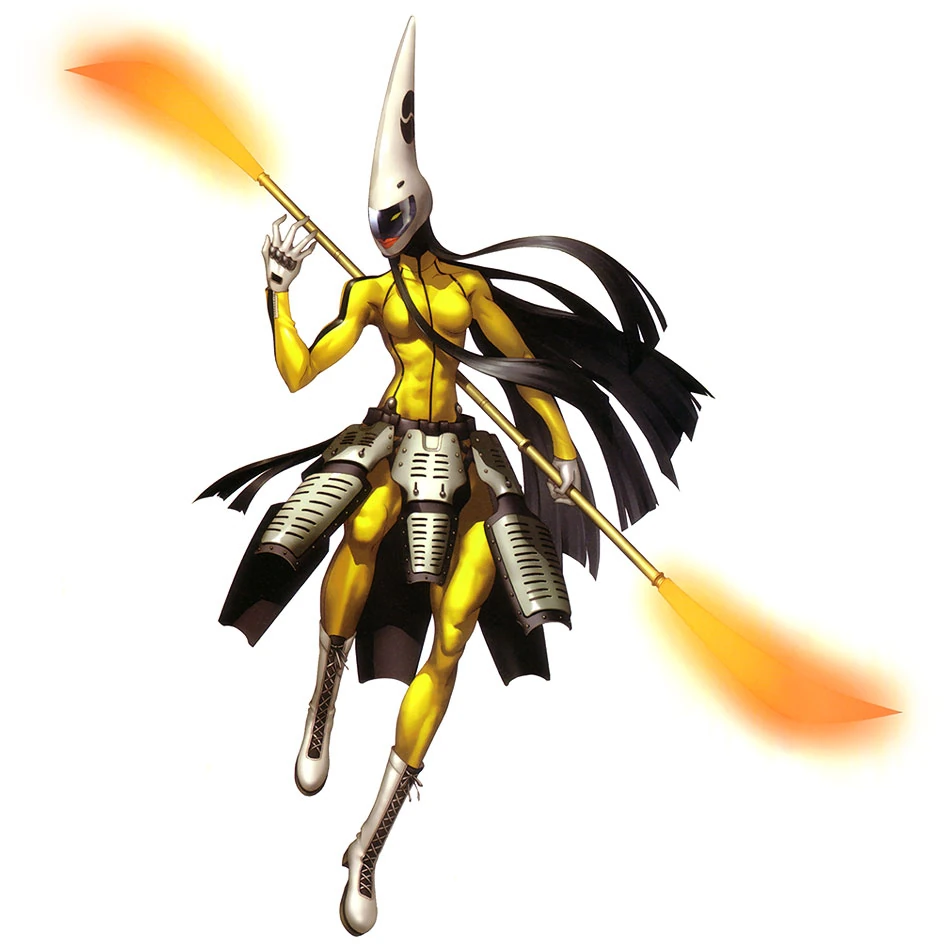This seems to show a changing view of the Midnight Channel and how it operates. As more and more people watch the 'rumored' show, the more it becomes focused on the ones who are on television, and that results in them becoming the ones on the upcoming 'show'. With little known about the Show or it's effects, we can only figure things out from what we see, as well as the new information we get after the arrival of idol Risette.
The Midnight Channel: Analysis and Speculation Thus Far
The Midnight Channel appears to be something that exists no matter what the Protagonists or others do, as it is a link to the "Shadow" filled world inhabited by Teddie and the other Shadows. As Teddie explains, Shadows are born from Humans and sometimes will gain a great deal of power if they are repressed, ignored, or denied for a long time. Many of the Shadows that lurk in various areas are similar to each other, with the special Shadows and Minions falling into a specific stereotype that works in the setting given - Yukiko's Avenging Knight who 'tests' the 'princes' coming for Yukiko, Kanji's 'Fighting Gigas' who offers up a bouncer-like persona for those who are trying to gain Kanji's 'affections', and the two larger monsters, based on others, that later take up living in the highest level where the Shadows had once been.
- Shadows as the Repressed Selves/Jungian Archetypes
- Each Shadow is created and shows off what one of the characters wants/desires out of their lives or their current situations.They all speak or focus on the extreme of a harsh truth that the character sees or attempts to hide about themselves.
- Mayumi Yamano - Hatred of Other, Desire to Destroy Other
- Saki Konishi - Hatred of Perceptions, Dislike of Gossip, Dislike of Position
- Without anyone to save them or help them face their other self, both Yamano and Konishi were destroyed by their Shadow self and the Shadows in the area. However, as neither Shadow is encountered in that area, it is possible Shadows are linked to their Host, and thus died with the death of their original self
- Yosuke - Hatred of Loneliness, Unwanted Desire for Thrills vs. Heroic Actions, Misuse of Powers (Magician Reversed)
- Chie - Hatred of Self, Desire to Be Someone Else/Change Self, Desire for Control over Other (Chariot Reversed)
- Yukiko - Hatred of Obligations, Inability to Ask for Help, Inability to See/Use Power (High Priestess Reversed)
- Kanji - Hatred of Perceived Self, Self-Loathing/Self-Stereotyping, Misunderstanding of Self (Emperor Reversed)
- The Midnight Channel as a Conduit for Media
- With more and more attention brought to the Midnight Channel, there gradually creates a pattern and method to what occurs before/during someone's time in the other world and with the creation of their Shadow's "dungeon"
- It is unknown if the Midnight Channel shows the events in the dungeon, but it does show the beginning of the dungeon
- Grainy Video of Victim - Often the first one or two images shown during the rainy night are hard to tell, though there can be some hints of who the intended victim are. The first image often puts someone to mind, though they are not always sure. The second one usually cements the idea of it being one person in particular.
- The "Show" - After the victim is kidnapped and put into the TV, a show appears on the Midnight Channel
- Originally, the show seemed to have been of just the victim in the setting, though neither is witnessed by the Protagonist. Yosuke, who witnessed the final 'show' before Saki Konishi's death, only states that Konishi appeared to be 'in pain'.
- After the initial two deaths, the shows change when Yukiko is put in, so that she and Kanji appear in a type of television show
- Princess Yukiko's Search for Her Prince Charming
- Similar ideas to "The Bachelor/The Bachelorette" or a dating series, where someone is trying to find "love".
- MEN ONLY! Kanji Tatsumi in Rosy Steam Paradise
- A late night Skinamax production with a homosexual tone - though it's stated they are trying to find 'love', this is implied to be physical-only, not romantic.
- The rescue ends the show, and it's implied by two classmates that others can watch what happens, though how much they see, including if they see the rescue or acceptance of the Shadow, is not stated.
- The fact that the two seem to only know that it's a 'show' and as few/no one really talks about the two 'shows' or gossip isn't overheard, the first part might be all that's shown
- Conclusions: With more people watching the Midnight Show, the channel's focus has changed.
- The shows were never about soulmates, but others who were in the media predominantly due to interviews, scandals, or exclusives
- If the person appears in the 'other world', their Shadow may put on a 'show'
- This so far is only confirmed by those who appear on TV and then are put in the Midnight Channel after their appearance.
- Due to more people watching, as well as more being thrown in, the 'shows' are appearing with each main person tossed in
- The 'dungeon' can double as a trap for another person as well, especially if they are close to the person who was shown on the Midnight Channel or has heavy negative emotions towards themselves.
The Midnight Channel is changing, and it only gets weirder when Risette comes to town and a new change occurs.
Next Time: False Perceptions 2 - Celebrity and Media


